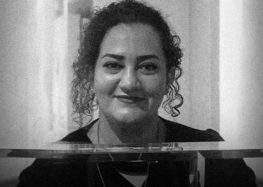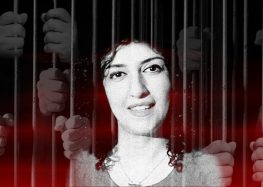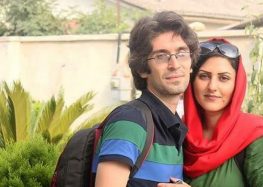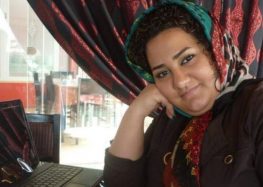Two Female Political Prisoners To Begin Refusing Food and Water Over Sudden Transfer to New Prison
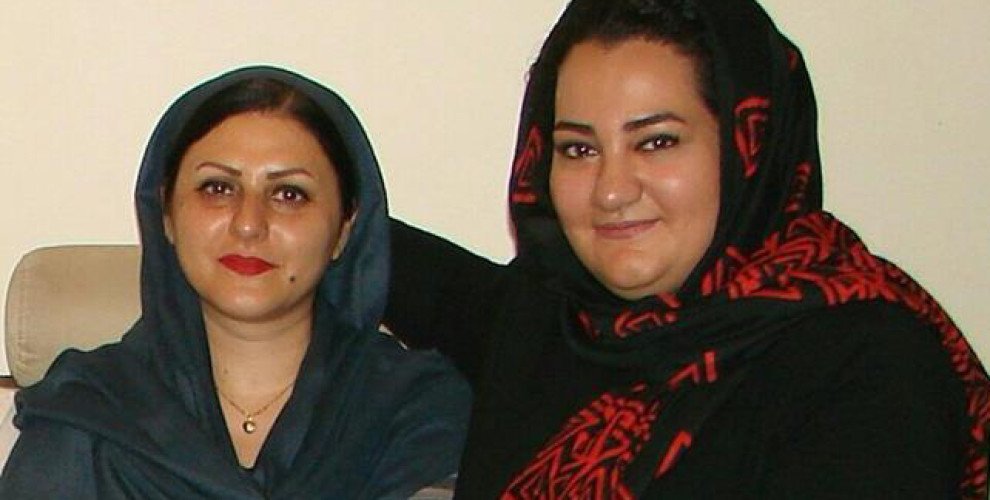
Golrokh Ebrahimi Iraee(left) and Atena Daemi
Imprisoned civil rights activists Golrokh Ebrahimi Iraee and Atena Daemi have pledged to escalate their week-long hunger strike into a dry one unless they are returned from Gharchak Prison to the Women’s Ward of Evin Prison by February 10, 2018.
“When Atena’s mother went to the prosecutor’s office she was told, ‘If you make too much noise, we’ll throw you into prison next to your daughter,’” a family source with knowledge about Daemi’s case told the Center for Human Rights in Iran (CHRI).
“Then the guards violently threw her out of the office,” said the source, who requested anonymity for security reasons. “That was the prosecutor’s response. Now Atena and Golrokh have said that as of Saturday [February 10], they will go on a dry hunger strike and won’t even drink water. This has made the families very worried.”
Daemi and Iraee have been refusing food since February 3, 2018, when they were beaten by prison guards and moved to Gharchak Prison in Varamin, south of Tehran, from Evin Prison located north of the capital city.
In an open letter written on February 3, a copy of which was obtained by CHRI, Iraee and Daemi wrote: “We were beaten and moved to Gharchak Prison without any explanation, despite the fact that by law, we should serve our sentences in Evin Prison’s Women’s Ward. The sentences against us did not include exile to another prison.”
The women also argued that the transfer violates Article 513 of Iran’s Criminal Procedure Regulations, which dictates that convicts should serve their terms in prison facilities in the judicial district where their sentences were issued, or near their city of residence.
The women also said that they are being kept in a ward with non-political prisoners, including potentially violent offenders, in violation of Article 69 of Iran’s State Prisons Organization’s regulations.
That article states: “All convicts, upon being admitted to walled prisons or rehabilitation centers, will be separated based on the type and duration of their sentence, prior record, character, morals and behavior, in accordance with decisions made by the Prisoners Classification Council.”
Gharchak Prison is believed to hold more than 1,000 female prisoners convicted of various crimes, including violent offenses. The prison has a reputation for poor sanitation, overcrowding and under-resourced medical staff.
Daemi has been serving a seven-year prison sentence since November 2016 for the charges of meeting the families of political prisoners, criticizing the Islamic Republic of Iran on Facebook and condemning the 1988 mass executions of political prisoners in Iran.
Iraee began serving a six-year prison sentence in October 2016 for the charges of “insulting the sacred” and “propaganda against the state,” primarily for writing an unpublished story about the practice of stoning. Her husband, civil rights activist Arash Sadeghi, is serving a 19-year sentence in Rajaee Prison after being transferred there in October 2017 from Evin Prison.


